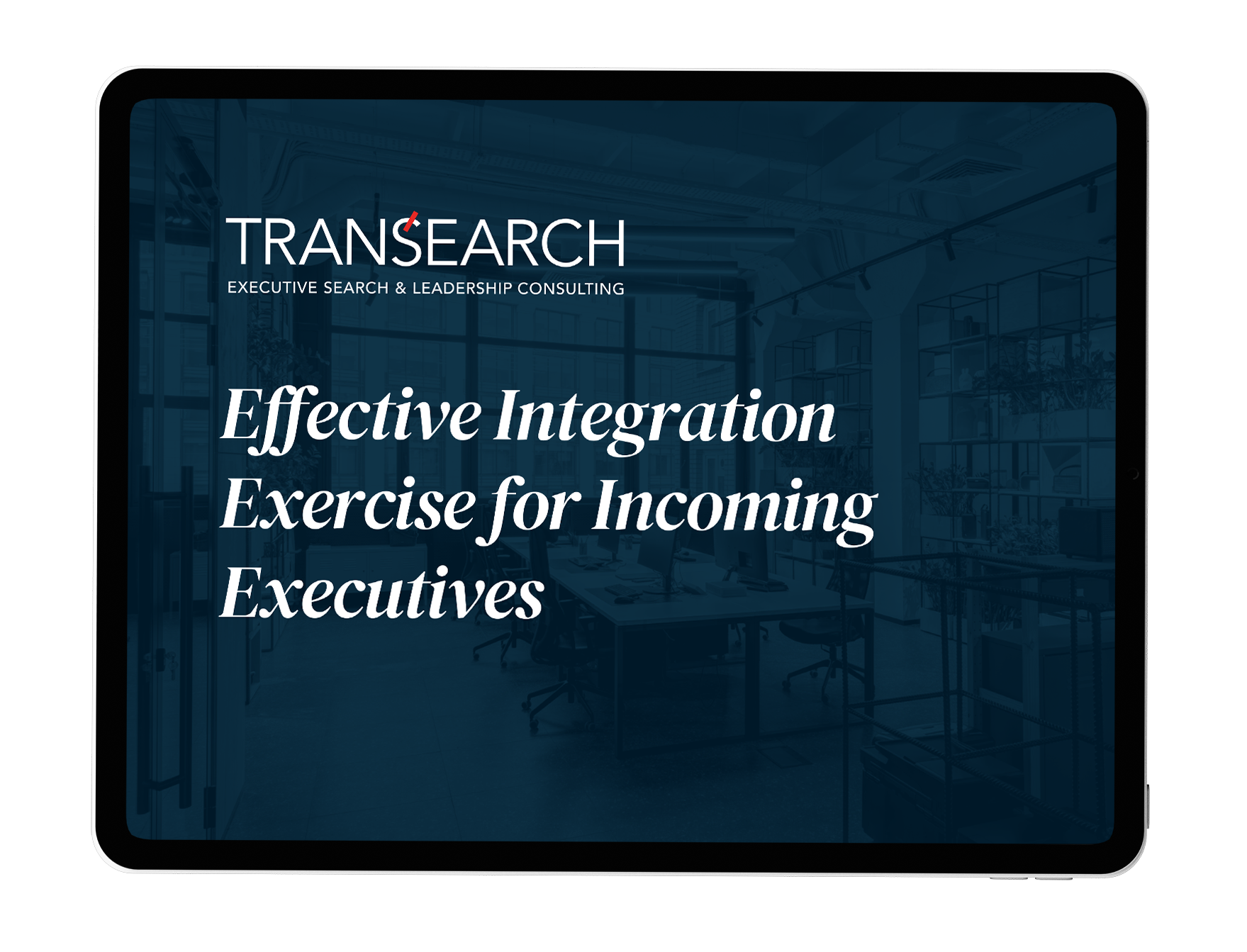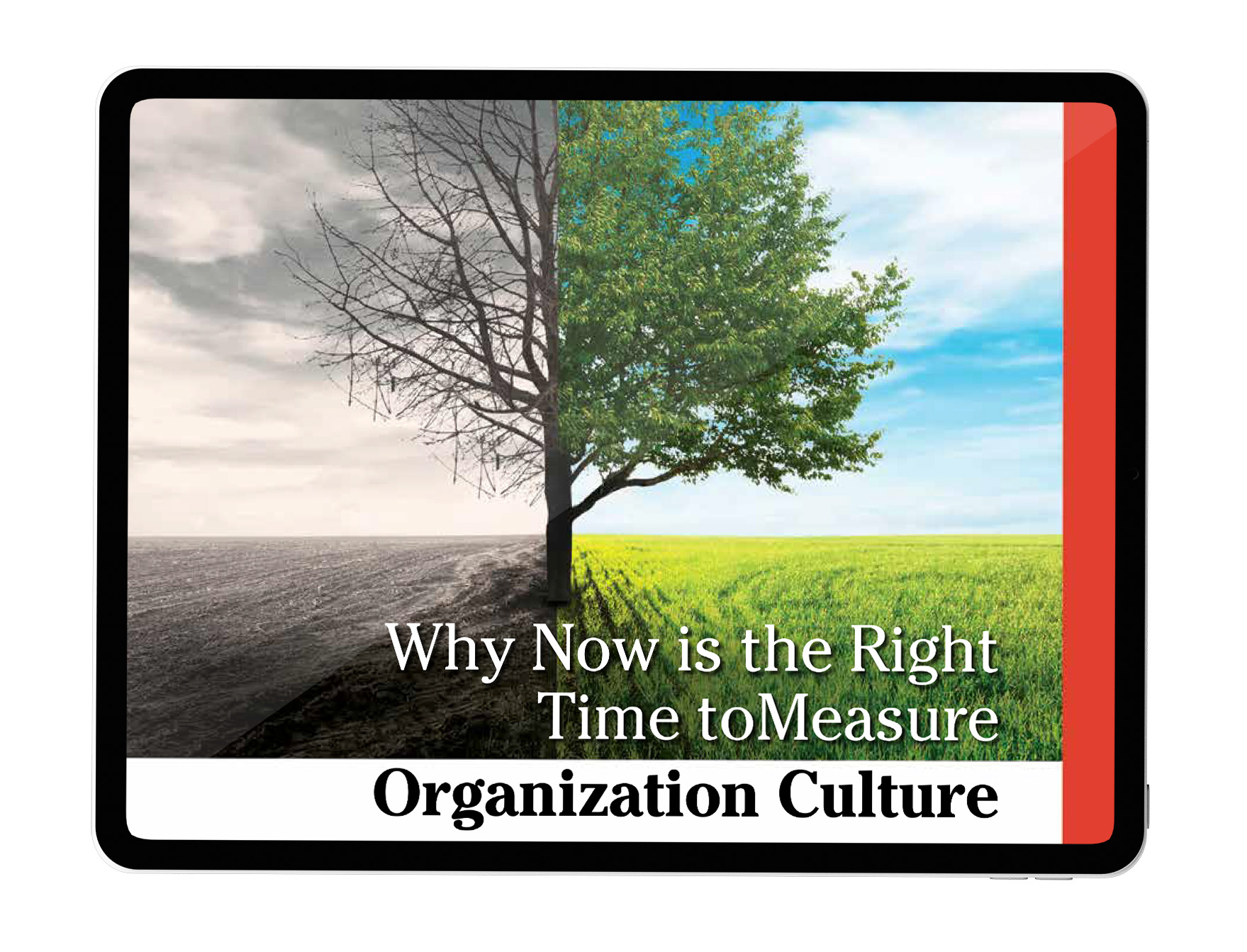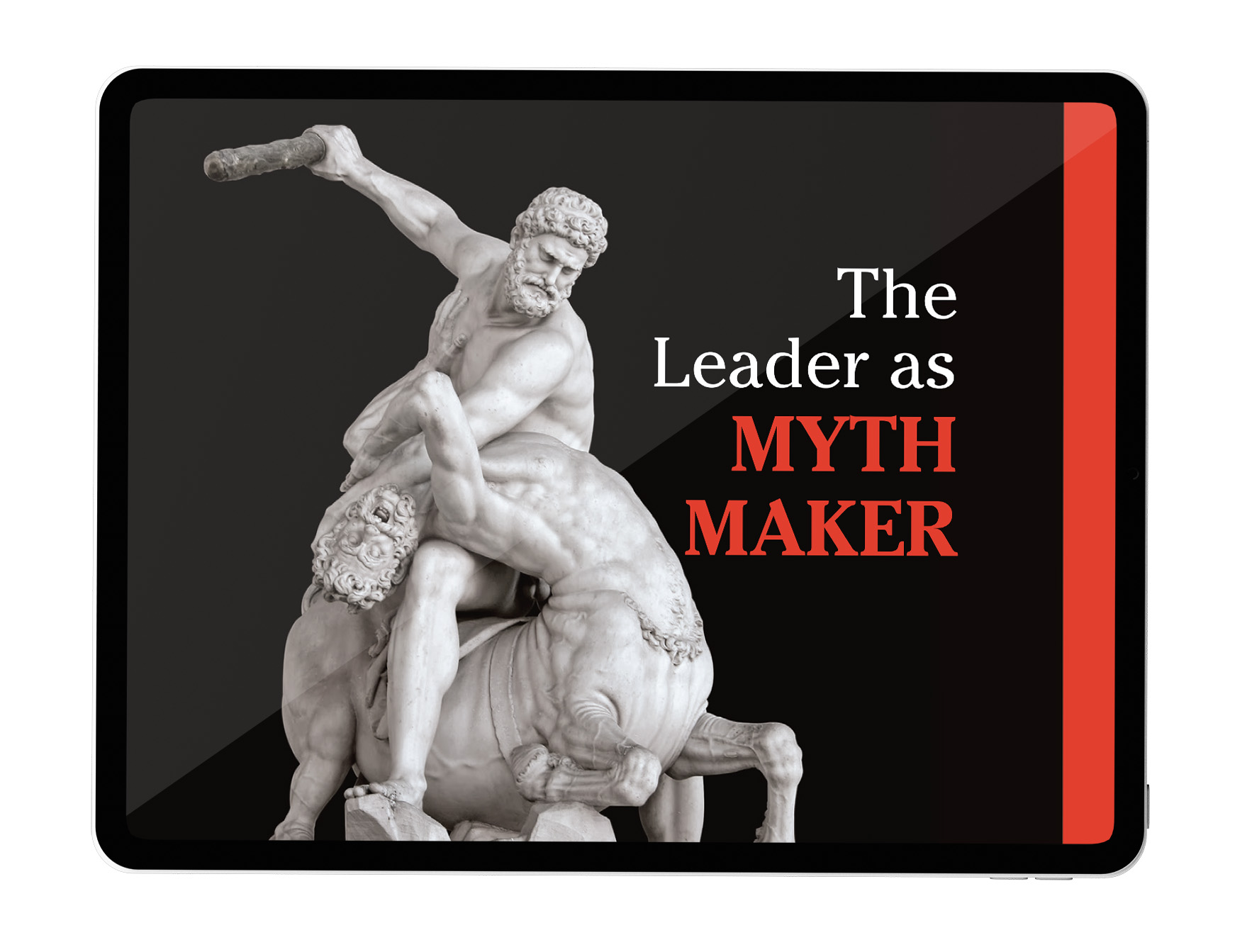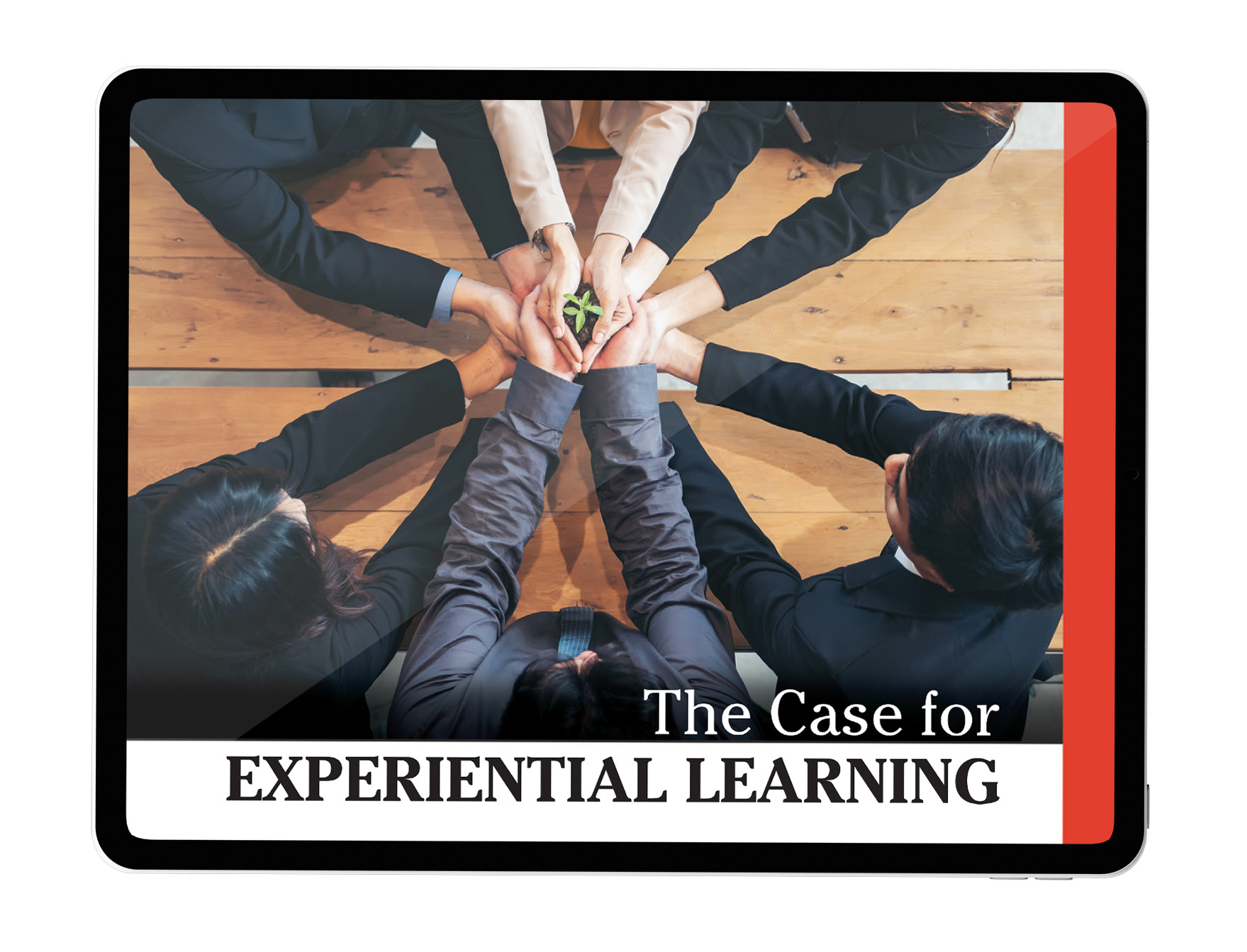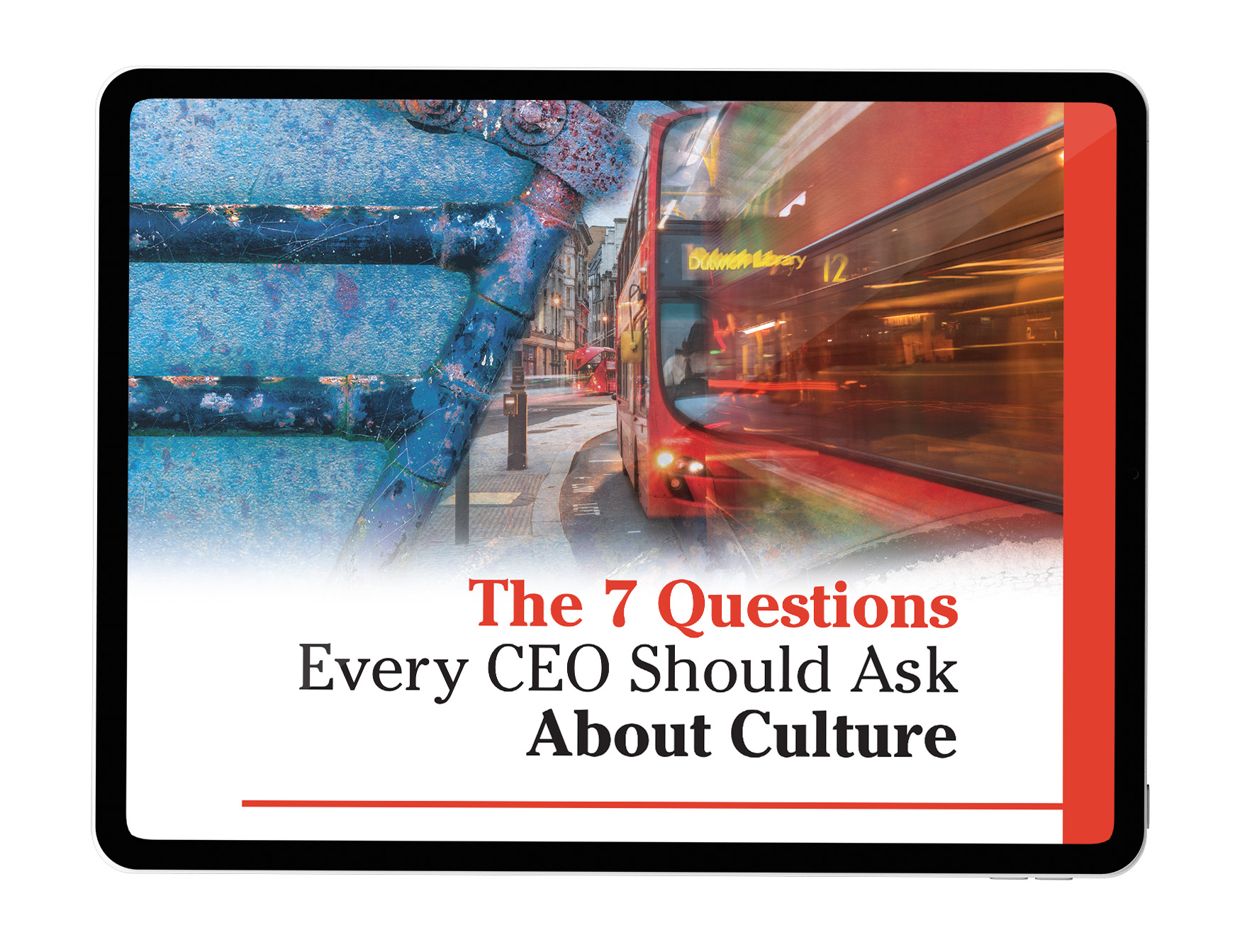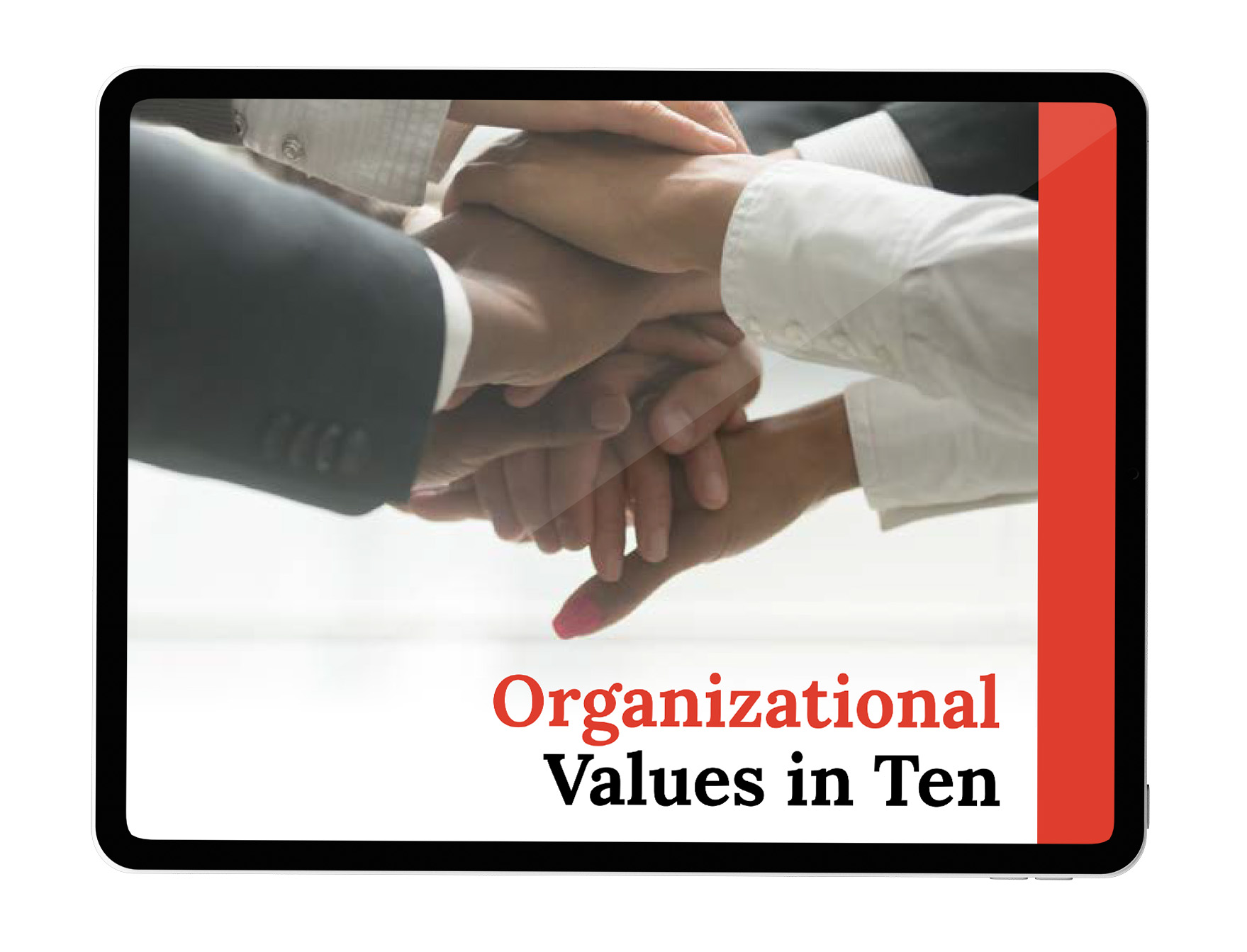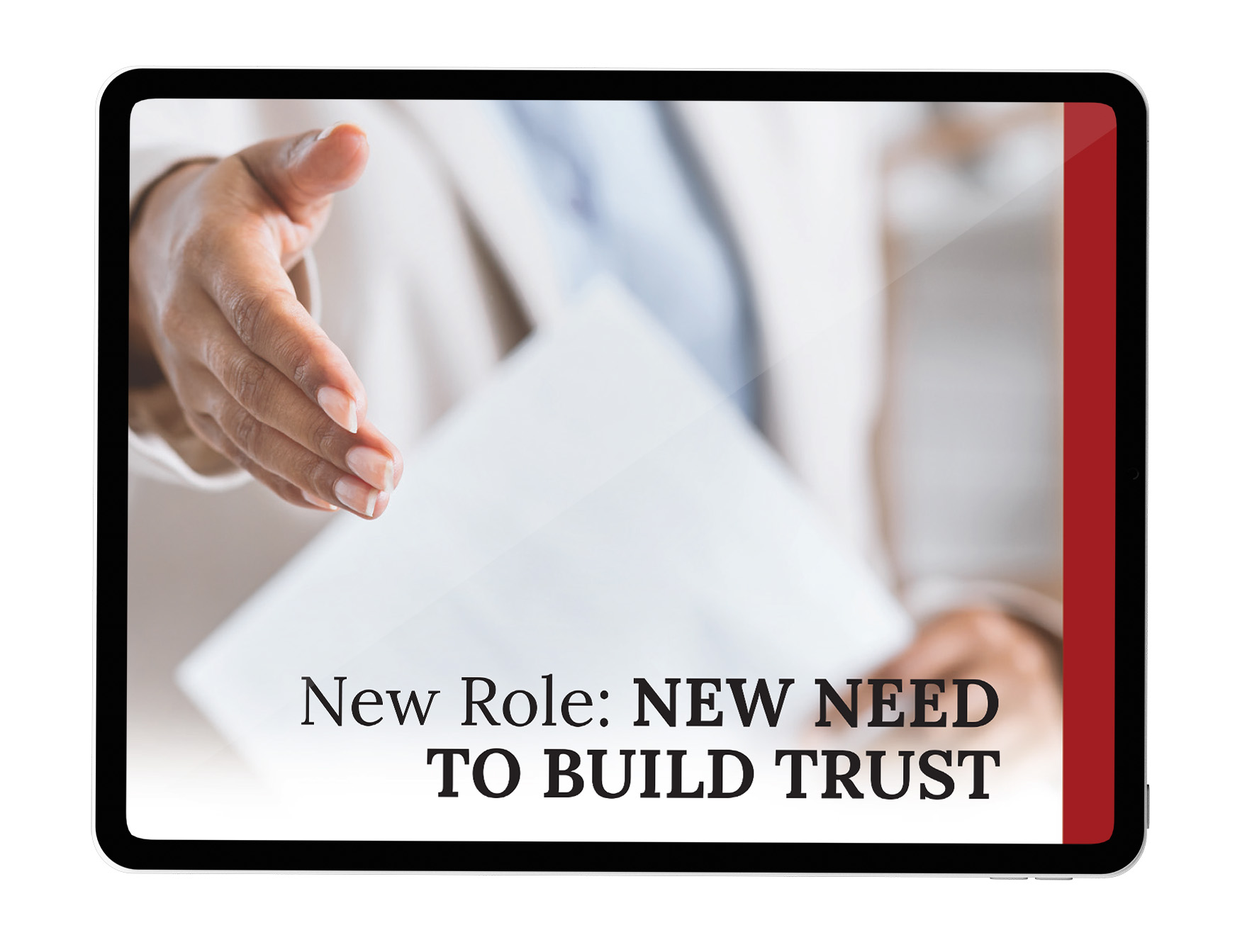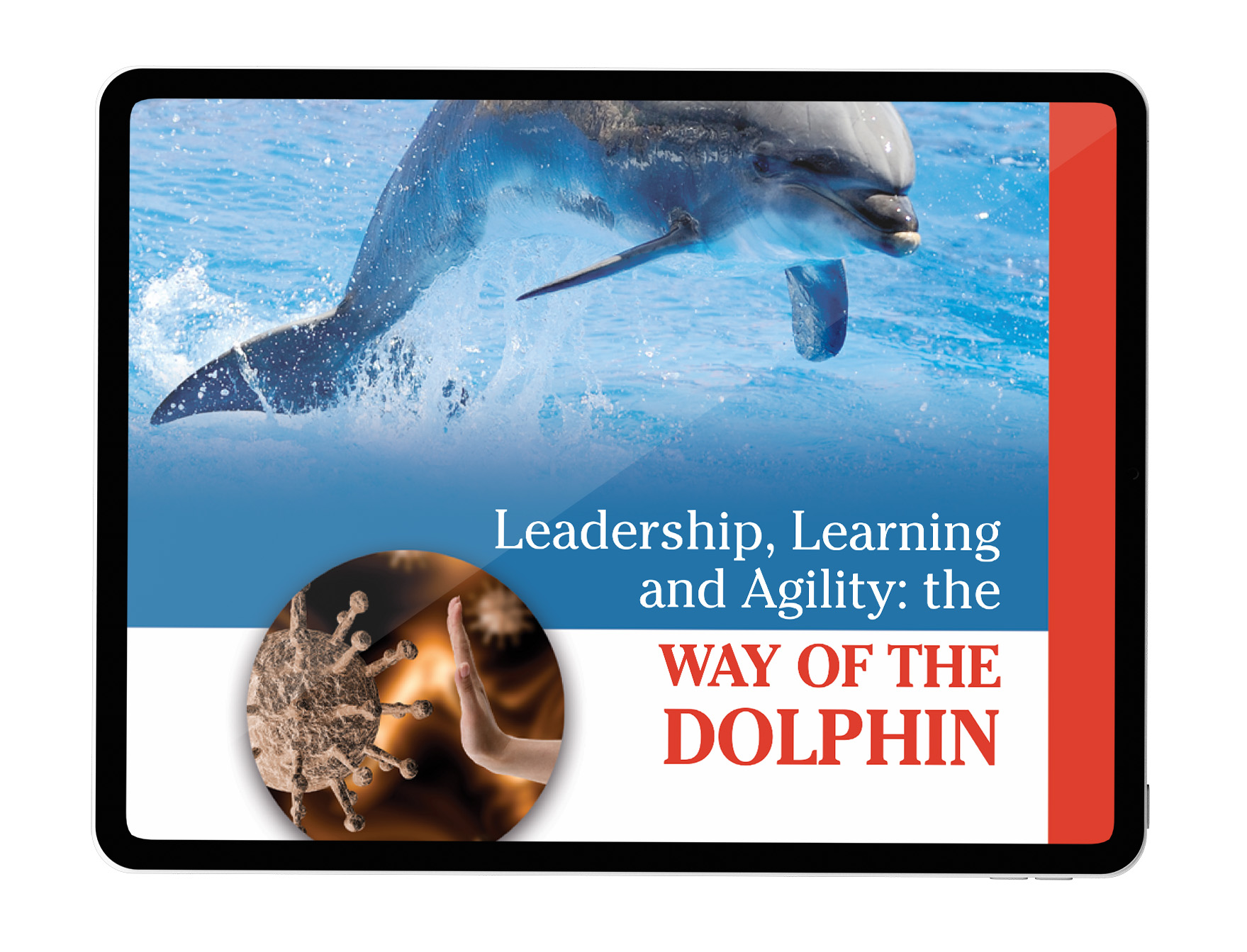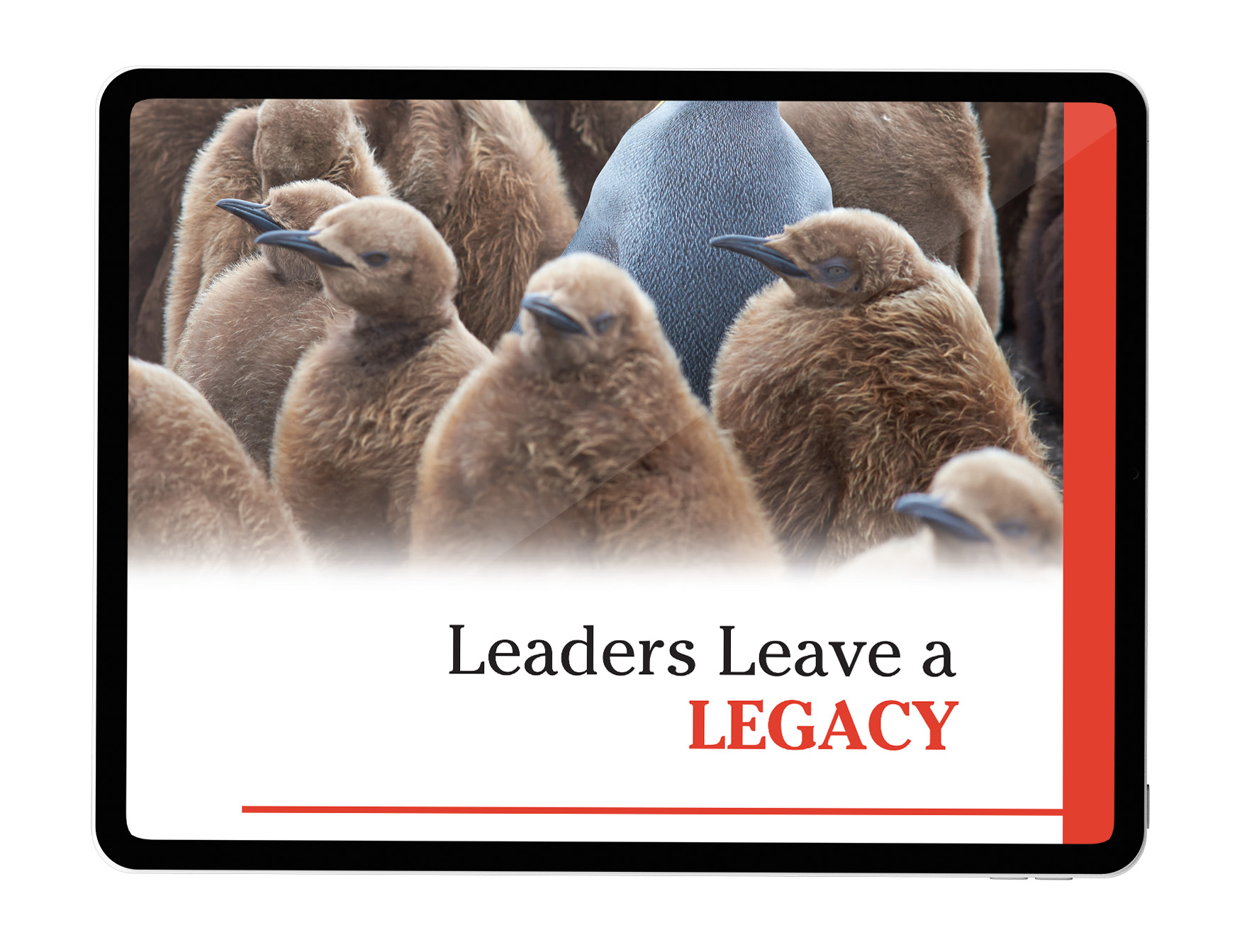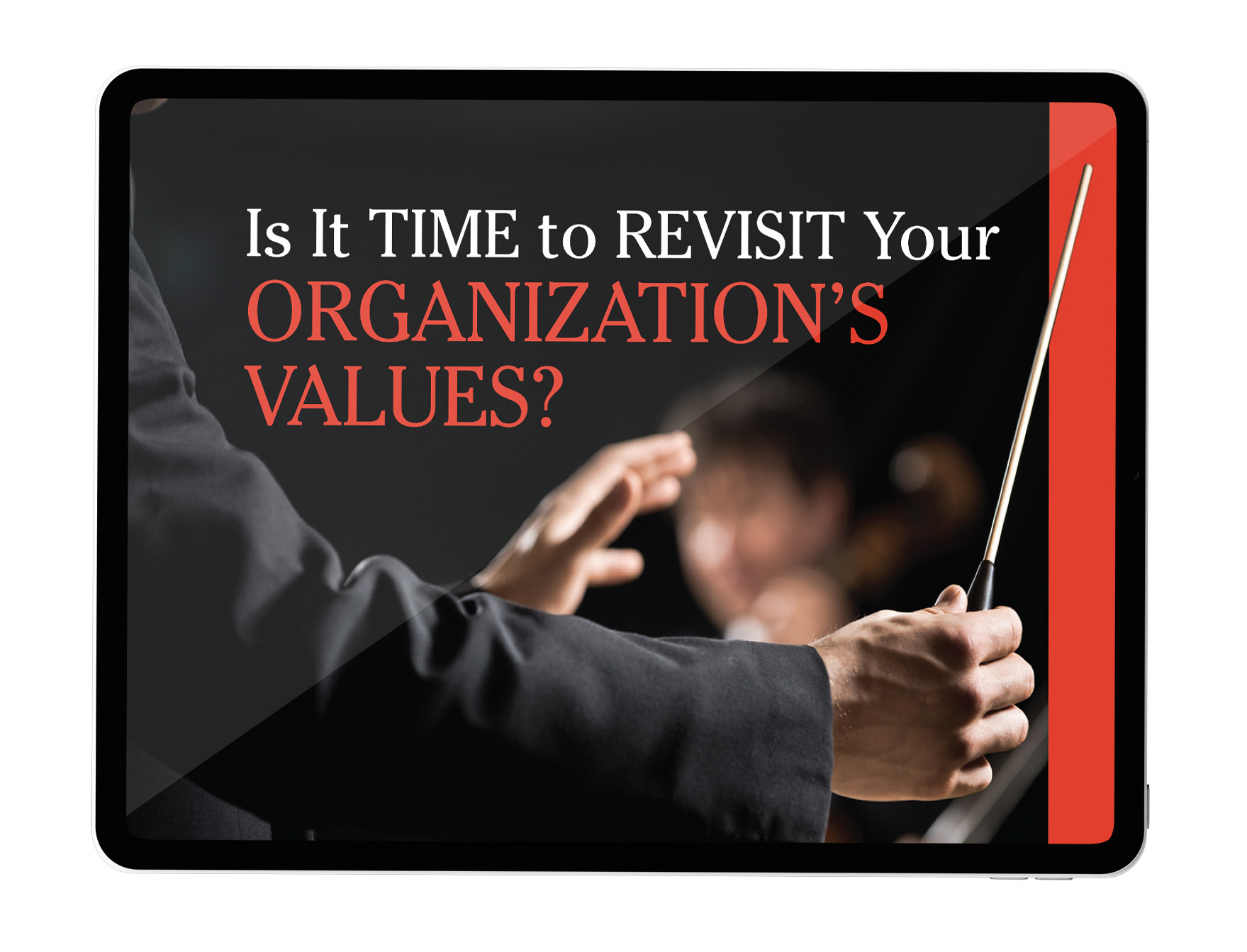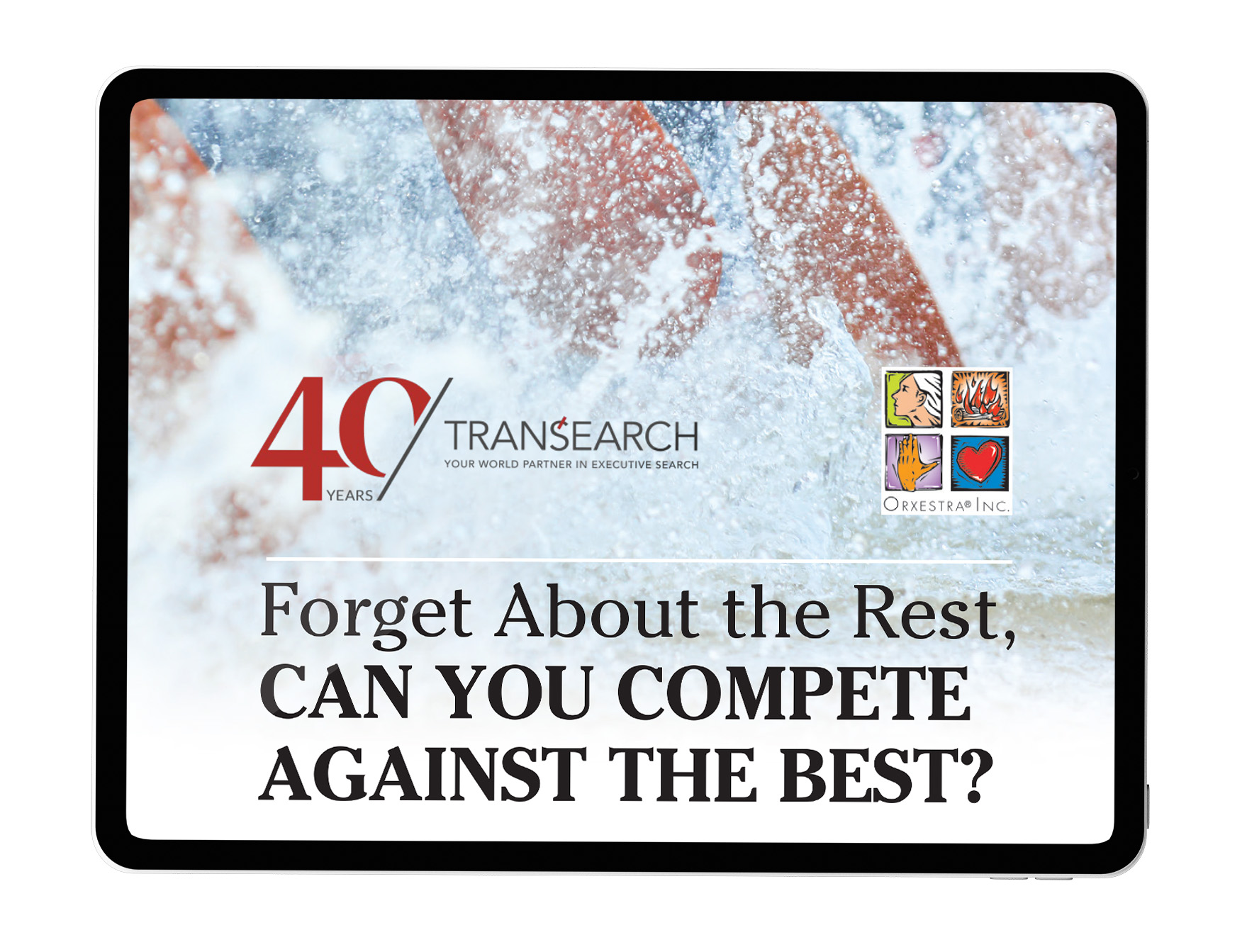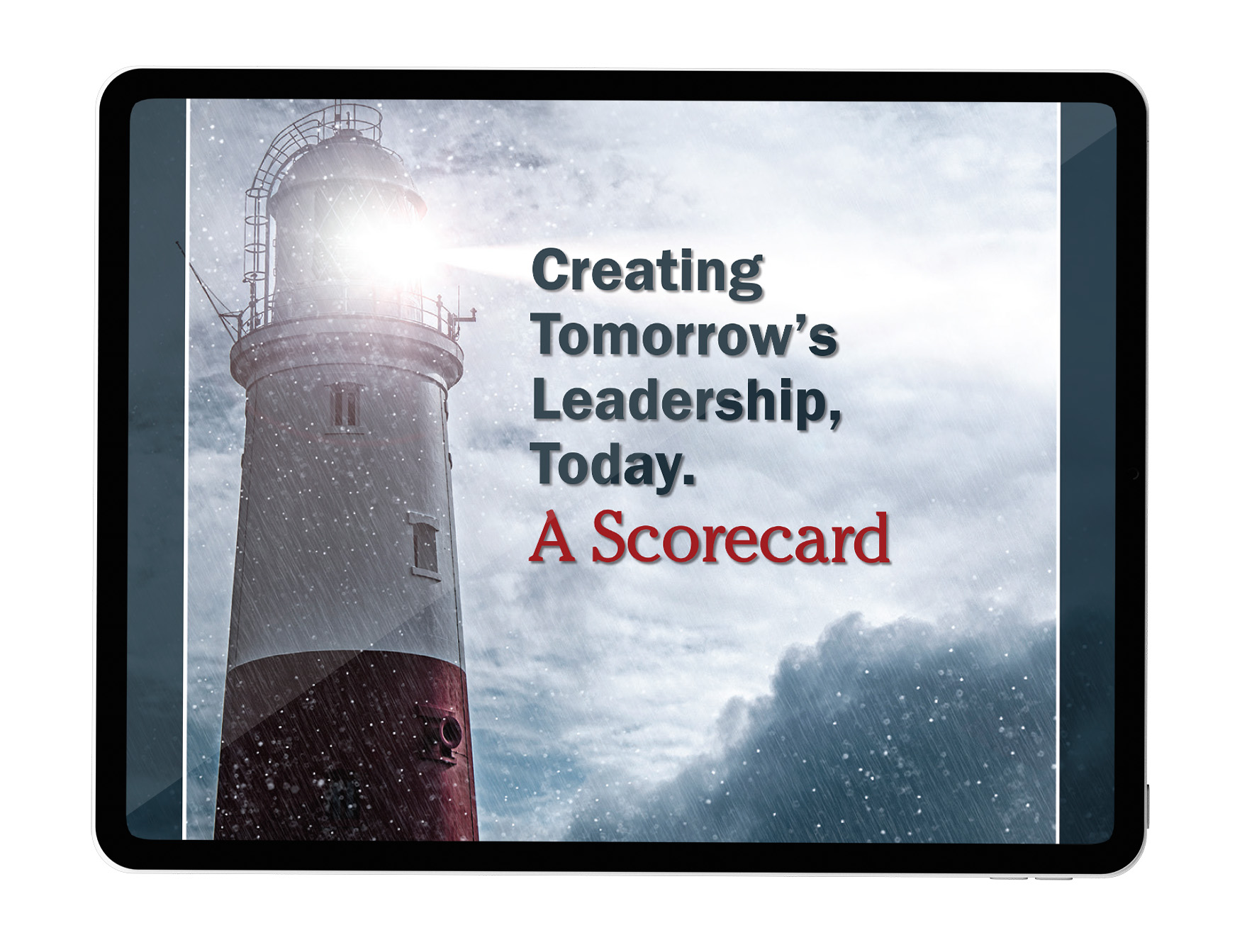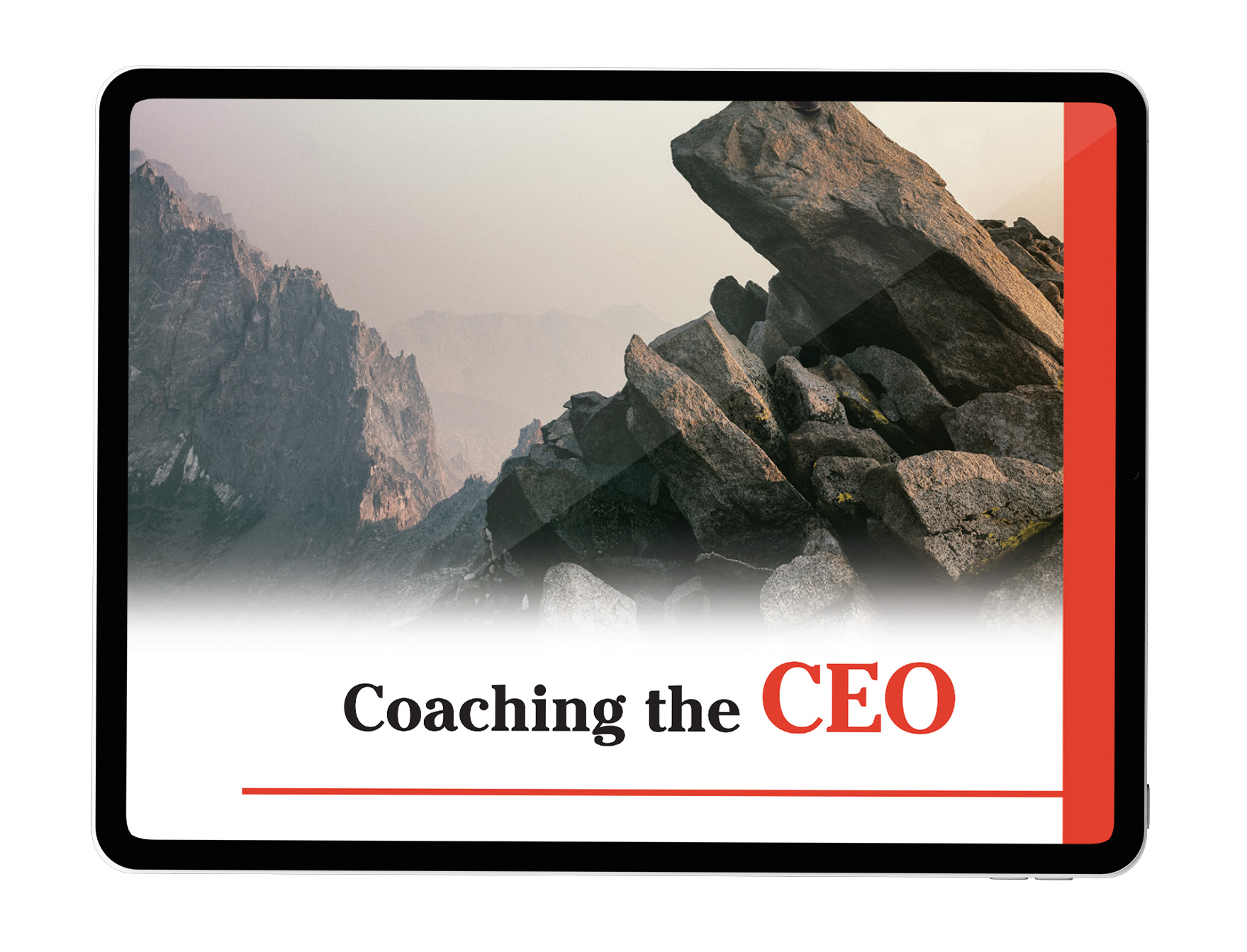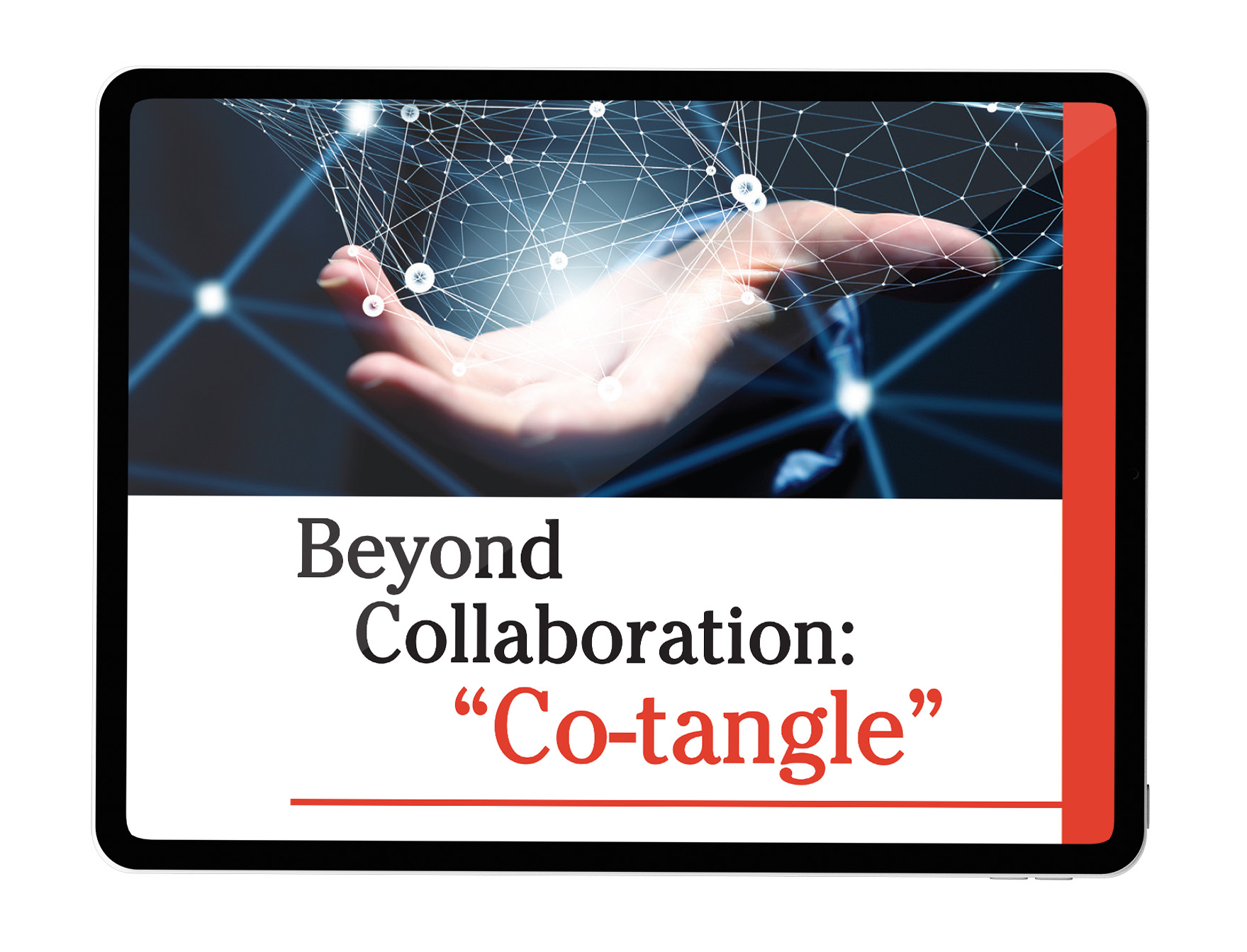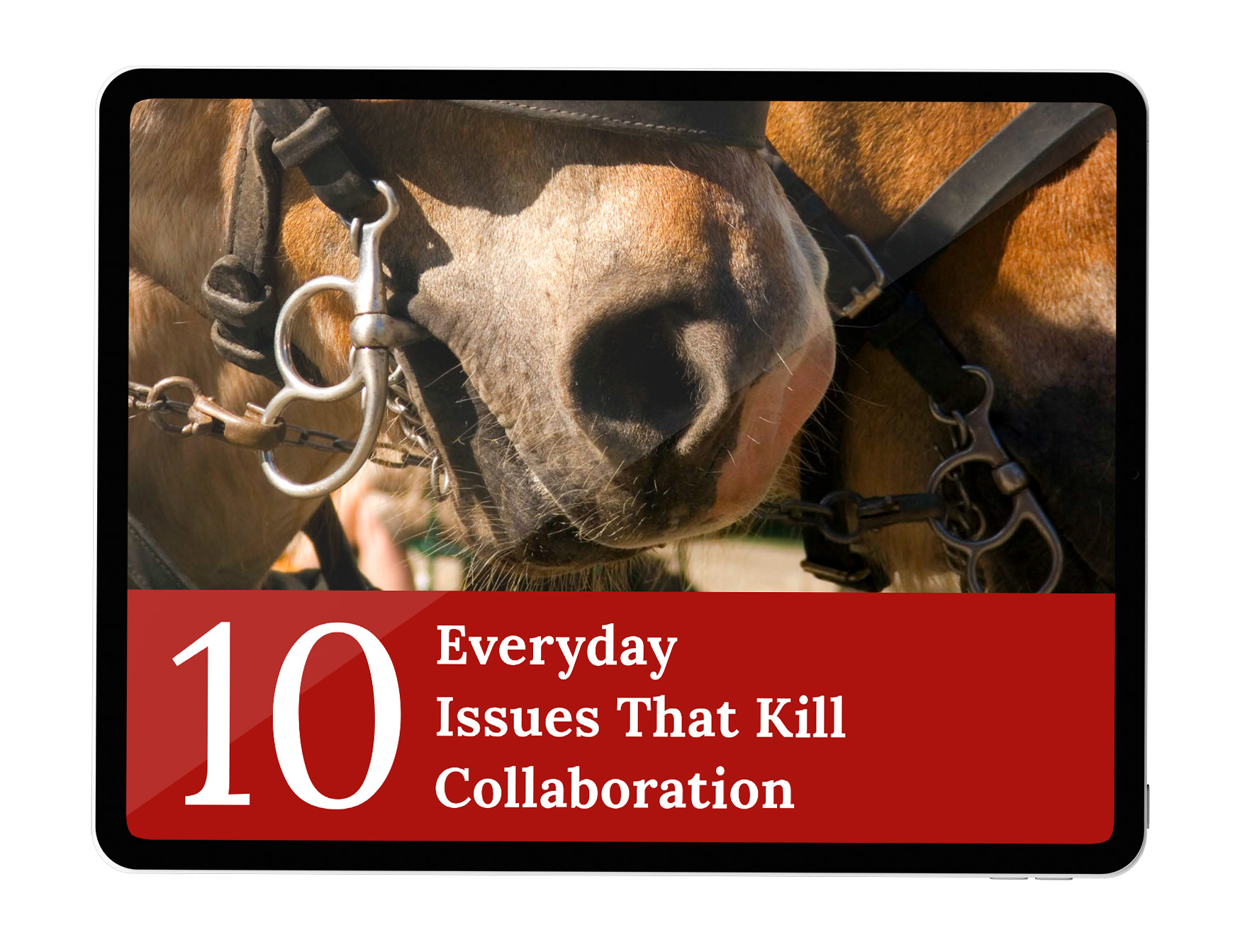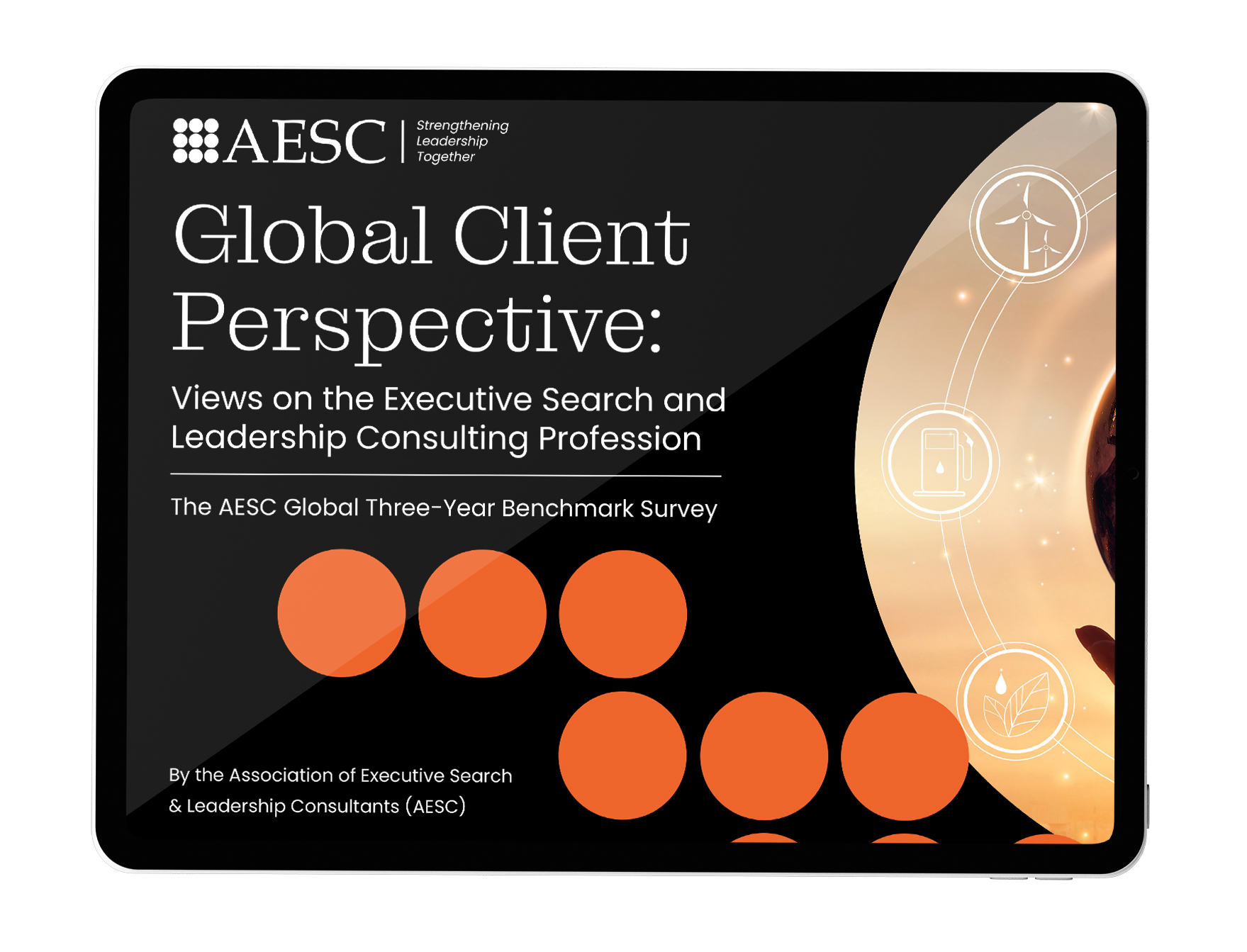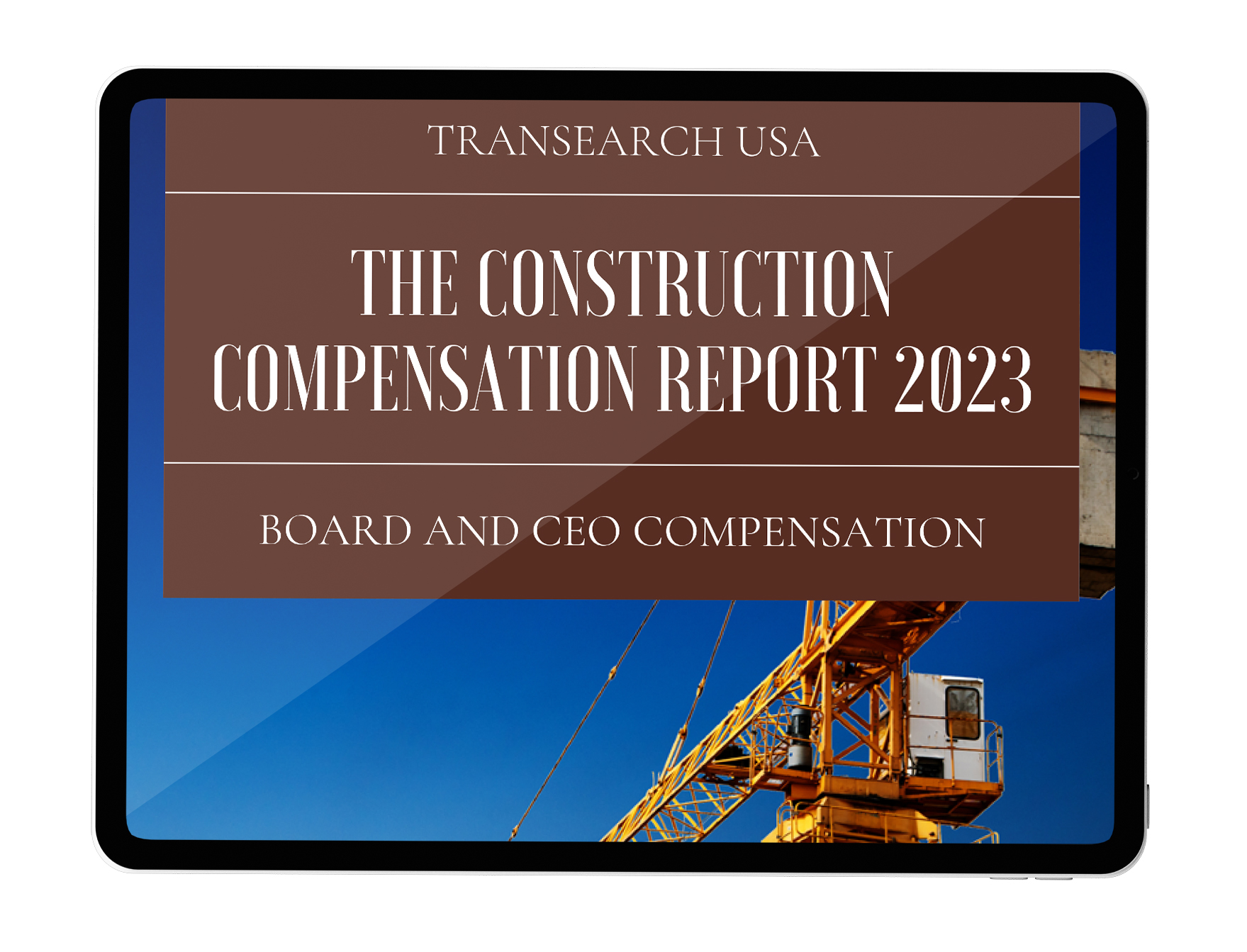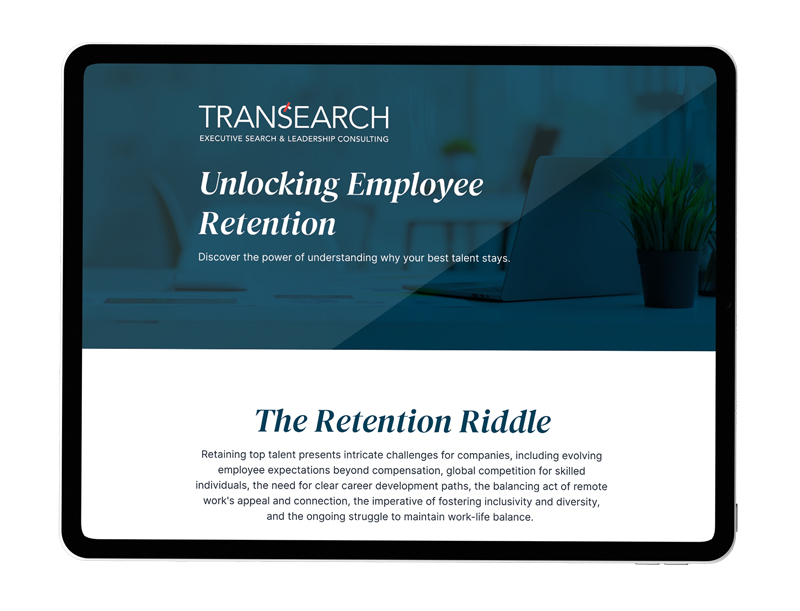New leadership can bring a fresh perspective, innovative ideas, and positive changes to an organization. Creating an environment where new leaders feel supported and encouraged to succeed is essential as a business owner, HR manager, or C-suite-level leader.
At TRANSEARCH, we have created a few tips on creating an inclusive work environment that welcomes and supports new leaders.
1. Set Clear Expectations
The first step in creating an environment where new leaders can succeed is to set clear expectations. It is critical to be about their expectations. You must provide leaders with your expected outcomes based on each of their roles and responsibilities and how they can contribute to the organization’s objectives. This clarity helps them to focus on what’s important, make decisions that align with the organization’s vision, and drive performance.
2. Develop a Mentorship Program
Mentorship programs connect new and future leaders with experienced executives who can guide them through their journey. An effective mentorship program provides new leaders a safe place to ask questions, share ideas, receive feedback, and learn from others’ experiences. This type of program also helps new leaders build a network and establish relationships within the organization.
3. Encourage Continuous Learning
One way to help new leaders succeed is by encouraging continuous learning. Provide them access to training, workshops, and resources to improve their skills, enhance their knowledge, and stay up-to-date with industry trends.
4. Foster an Inclusive Environment
Creating an inclusive work environment is critical to the success of any incoming employee. Open communication, valuing diversity, and building a culture of inclusion demonstrate to new leaders that ALL are welcome, respected, and valued. This type of environment also promotes collaboration, encourages creativity, and drives innovation.
5. Recognize Achievement
Finally, recognizing and rewarding achievement is critical to creating an environment where all leaders will succeed. Acknowledging their efforts, celebrating their successes, and providing constructive feedback for areas for improvement inspire developing managers to continue to work hard, strive for excellence, and contribute to the organization’s success.
Creating an environment where middle managers and executives feel supported and encouraged to succeed takes time, effort, and commitment. By setting well-defined expectations, developing a mentorship program, encouraging continuous learning, fostering an inclusive environment, and recognizing achievements, you can create a professional environment that welcomes and supports the company’s future leadership team.
An inclusive work environment that values diversity, open communication, collaboration, and innovation creates a positive organizational culture that engages new leaders, attracts top talent, and drives performance. As a business leader, it’s your responsibility to create this type of environment for new leaders. Doing so ensures your organization continues to grow and remains competitive in today’s ever-changing business environment.





















